Sarhad Qader: The world's toughest policing job?
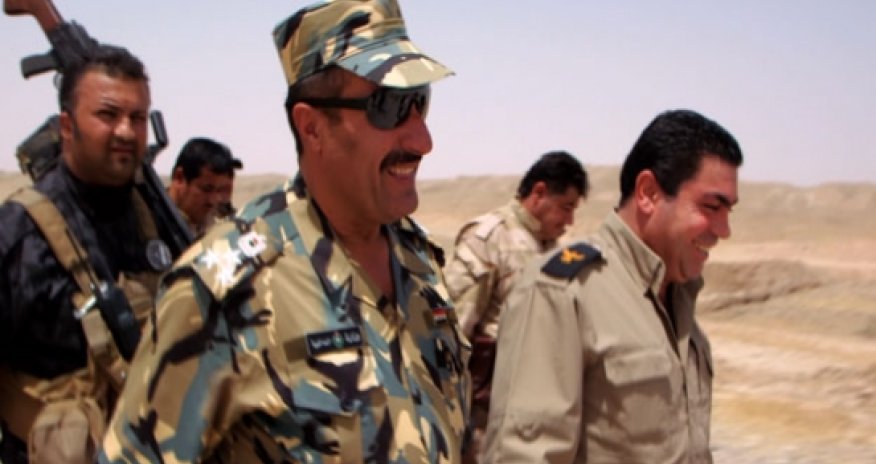
A police chief in the Iraqi city of Kirkuk has what could be the world's most dangerous job - fighting both Islamic State and a host of other enemies who have repeatedly tried to assassinate him. He's the subject of a new documentary by BBC Arabic.
When the militants from Islamic State attacked, the men at the front line called Gen Sarhad Qader for back-up.
The general turned to his team - a police unit in the Iraqi city of Kirkuk. "Grab the guns and rocket-propelled grenades," he told them.
Braced for a long night, they drove into battle. As daybreak brought the front line into view, the militants brought out the mortars.
The general and his men found themselves outgunned. Three were injured. One was killed - or as the Kurds say, martyred.
"I loved and trusted him like a brother," the general says of the dead man, his aide for 11 years.
That's how long he's been police chief of Kirkuk. A former Kurdish peshmerga guerrilla who spent years fighting Saddam Hussein's forces, Qader got the job in the wake of the US-led invasion of Iraq, and has held it throughout the ensuing years of turmoil.
Some 245 policemen have been killed under his command, while more than a dozen attempts have been made on his life by bomb, bullet and poison.
He has survived having his soup laced with arsenic, as well as a suicide attack on his police station last year that killed 30 people. His family has paid a heavy price. In 2005, insurgents shot dead his brother, thinking it was him.
His survival is all the more surprising given his practice of leading from the front - in stark contrast to the Iraqi army officers who last June fled Iraq's second city, Mosul, in civilian clothes. This allowed Islamic State to take the city without a fight - and then to move into towns and villages in the vicinity of Kirkuk.
Qader's role stretches the normal definition of policing.
Firing grenades at Islamic State militants, his job is closer to that of a battlefield commander. Arresting a suspected insurgent from a Sunni Arab village, he is on a counter-terrorism mission.
Parleying with a sheikh who serves as a go-between with Islamic State, he plays the tribal elder. Dropping in on a Turkoman militia leader, he practises a version of what his Western counterparts might call community policing.
To his critics, however, Qader is above all a Kurd. Commanding a force that recruits heavily from the Kurdish community, he has been accused of prioritising its interests - a charge he firmly rejects.
A boy cycles near the citadel in Kirkuk
(BBC)
Bakudaily.Az
Latest news 
More news 
























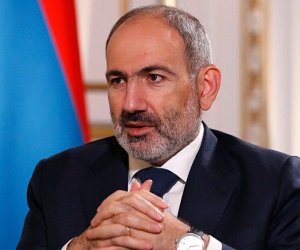
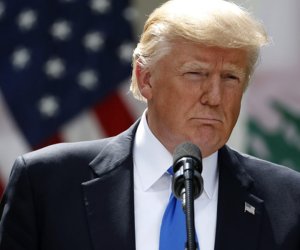
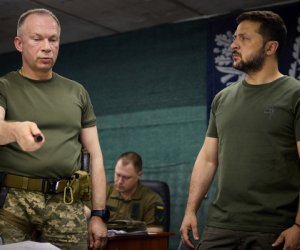
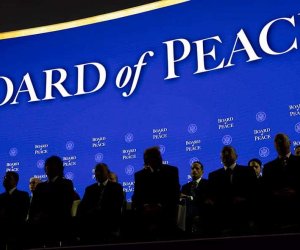
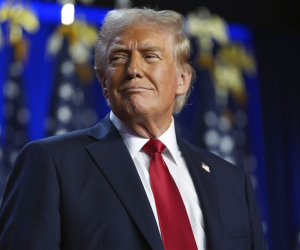
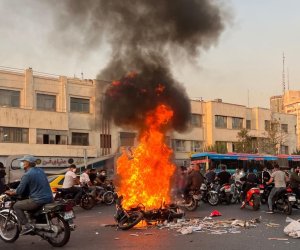
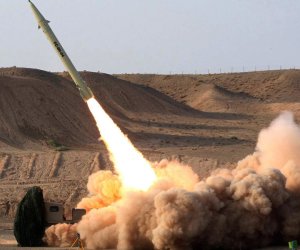
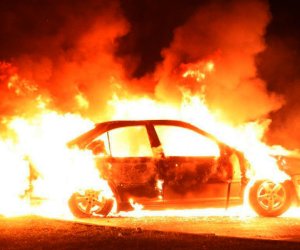
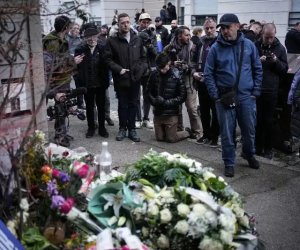


 Photo
Photo 



 Video
Video 

